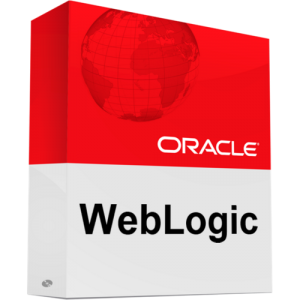When trying to @Inject an EJB inside a bean, it is possible that you’ll get an exception about ambiguous dependencies for type on Weblogic:
Substituted for the exception org.jboss.weld.exceptions.DeploymentException which lacks a String contructor, original message - Exception List with 2 exceptions: Exception 0 : org.jboss.weld.exceptions.DeploymentException: WELD-001409 Ambiguous dependencies for type [ABC] with qualifiers [@Default] at injection point [[field] @Inject private ABCField]. Possible dependencies [[Session bean [class ABCImpl with qualifiers [@Any @Default]; local interfaces are [ABC], Managed Bean [class ABCImpl_7pbnr4_Impl] with qualifiers [@Any @Default]]]\
Solving the Ambiguous dependencies for type problem
The problem is that there are two possible implementations to inject and the CDI container doesn’t know which one to choose. You can also see that there seems to be a proxied/generated class to be listed (in our example ABCImpl_7pbnr4_Impl).
In our case this generated class was created by the Weblogic appc tool which was run on our EAR file. This ear file includes a JAR with EJB 2.x beans and another one with EJB 3.x beans<.
We solved this problem by not letting Weblogic appc being run on our EJB3.x jar. You can do this by running the Weblogic appc on individual jar files instead of the ear file. As you probably know EJB3 style beans don’t need an ejb compiler anymore to generate the remote and local interfaces as everything can be done with annotations.
PS: Weblogic uses Weld, the reference implementation of Contexts and Dependency Injection in JavaEE.
